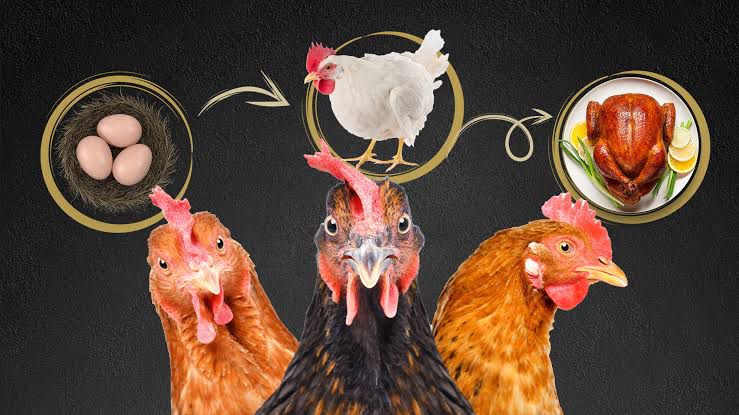
Why It’s Time to Know Where Our Food Comes From » Capital News
As Kenyans, our local food culture is something we hold dear—whether it’s sukuma wiki from the mama mboga or freshly cut meat from the neighborhood butchery. These familiar and accessible options offer both comfort and a sense of connection to our communities.
However, recent reports highlighting unsanitary food preparation and storage practices have raised legitimate concerns about food safety. This prompts us all to ask a crucial question: Do we know where our food comes from and how it’s handled?
Recent news stories have exposed troubling practices. A popular food vendor in Nairobi’s CBD was found storing food trays in a public toilet. Another investigation revealed that a kiosk selling smokies, kebabs, and boiled eggs—a popular snack for many—was operating in unsanitary conditions.
These incidents are not isolated but reflect a broader issue where food safety standards are sometimes compromised, particularly in informal food sectors. While it’s essential to support local vendors, we must also recognize that the conditions in which our food is grown, stored, and prepared directly impact its safety and quality.
At Kenchic, we understand the critical importance of food safety. As a leading producer of poultry products in Kenya, we take our responsibility to provide safe, high-quality food seriously. Our commitment to quality starts at the farm and continues through every step of the supply chain until our products reach your table. We don’t just aim to meet regulatory standards; we strive to exceed them, setting a benchmark for what safe, high-quality food should be.
Our food safety practices are based on stringent guidelines that cover everything from biosecurity and hygiene to responsible antibiotic use and animal welfare. We conduct regular audits of our farms, processing facilities, and distribution channels to ensure that our poultry is handled with the utmost care. This comprehensive approach ensures that our products meet—and often surpass—the safety and quality standards expected by our consumers.
A key component of our food safety program is strict adherence to biosecurity measures. This includes controlling access to our farms to prevent the spread of diseases and maintaining the highest hygiene levels across all facilities. We also follow a rigorous antibiotic stewardship program, using antibiotics responsibly and only when necessary, to ensure the health and welfare of our birds. Our commitment to animal welfare is another cornerstone of our food safety strategy. We believe that healthy, well-cared-for animals produce better-quality meat, and we adhere to best practices in animal husbandry to raise our poultry in humane, stress-free environments.
But our commitment to quality doesn’t end at the farm. Once our poultry products leave the farm, they undergo further checks and controls at our processing facilities, where strict hygiene standards are maintained. These facilities are regularly audited to ensure compliance with both local and international food safety regulations. From there, our products are transported under carefully controlled conditions to preserve their safety and freshness until they reach your table.
We believe that every Kenyan deserves access to safe, nutritious food, and we are committed to making that a reality. However, food safety is not just about what happens on the farm or in the processing plant; it’s also about making informed choices as consumers. We all need to start asking questions about where our food comes from and how it’s handled.
While the convenience of buying a snack from a street vendor or fresh produce from a local market might be appealing, it’s essential to weigh this against the potential risks associated with food that may not be handled under optimal conditions. Food safety is not something that should be taken for granted, and we all have a role to play in ensuring that the food we consume is safe and healthy.
Supporting food safety means choosing to buy from sources committed to maintaining high standards. It means holding food producers and vendors accountable for the safety and quality of their products. And it means understanding that when it comes to the food we eat, compromise is not an option.
At Kenchic, we are proud of the steps we take to ensure that our products are safe, nutritious, and of the highest quality. But we also recognize that food safety is a shared responsibility. As consumers, we must demand transparency and adherence to food safety standards from all food providers. By doing so, we can help create a food system where safety and quality are prioritized, and where the food we eat truly nourishes and protects us.
Let’s prioritize our health and well-being by being informed, making responsible choices, and demanding high standards from those who provide our food. Because at the end of the day, the food we eat should do more than satisfy our hunger—it should contribute to our overall health and well-being.
